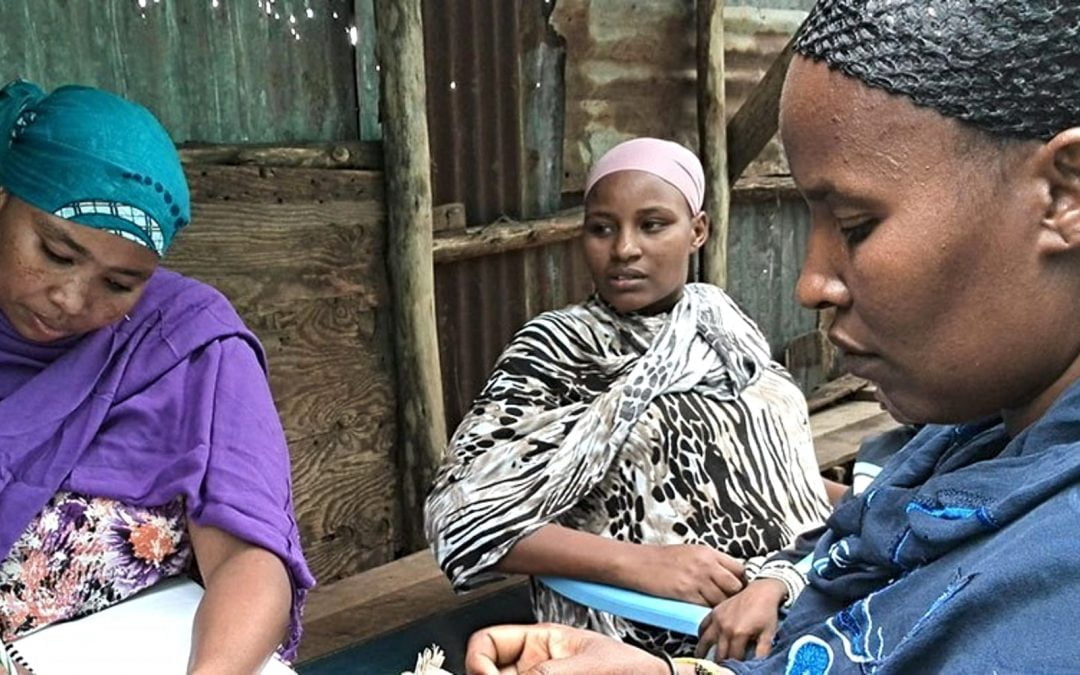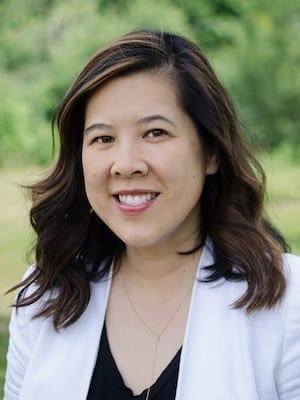“I don’t know where I would be without the Casa.”
These are the words Maria (not her real name) shared with her prison spousal support group, which meets regularly in a little room on the upper floor of the Casa de la Amistad (Friendship House) in Cochabamba, Bolivia.
This group is a safe place where women share their struggles as mothers, wives and family providers while their husbands are in prison.
Maria has a history and close connection to the Casa. As a teenager, she was a “Casa kid,” one of the 140 children who receive emotional, physical, educational and spiritual support while living in prison with their parent.
The staff at Casa helped her to complete her high school education and offered a safe place to be after school when she was not in the prison with her mother.
Now Maria is a young mother herself. While her husband has been in prison for drug trafficking-related offenses, she has struggled to provide for their children on her own.
She is challenged just to make ends meet from the income she earns selling food at the market.
One of the recurring themes of conversation in their support group is shared frustration over the lack of opportunity that stems from gender discrimination.
Sadly, Maria’s story is not unusual. The reality in our world is that women and girls suffer disproportionately from poverty, human rights violations and violence.
In so many of the places where Canadian Baptist Ministries (CBM) works, women share stories that highlight this wide-scale global issue.
Places like Casa de la Amistad have received support through CBM’s She Matters campaign, an advocacy initiative which started in 2013 to raise awareness about global gender inequity.
The goal of She Matters is to educate, equip and empower girls and women who have the potential to be the greatest influencers for change in their families and communities.
By addressing the social and biblical injustice of gender bias that is prevalent in all spheres of society, we seek to help transform the lives of girls and women at a grassroots level.
Since its inception, almost 300 Canadian Baptist churches have participated in the She Matters campaign, helping to highlight this important issue within congregations. Funds raised have helped girls receive an education in India, Bolivia and Rwanda.
Women have been empowered through literacy and numeracy classes in Rwanda.
Self-help groups in Kenya have received start-up loans for small business ventures.
Victims of sexual violence in the Democratic Republic of Congo have received trauma counseling, skills training and social acceptance. Gifted female leaders have been given the chance to receive theological training.
Most important, through She Matters, we demonstrate to marginalized girls and women that they are important. They are shown that their lives and stories matter to God and to us.
While we may not be able to remove the systemic injustices that bind them, we offer to walk alongside them by providing windows of opportunity, which help restore dignity, reaffirm their value as a person made in God’s image and give hope for a different kind of future.
Particularly, for young girls and women with children, this is deeply significant. Mothers like Maria work hard to ensure their kids will have a better future. They know that turning this dream into reality starts with gaining greater access to educational and economic opportunities.
Despite the obstacles, the women in the support group at the Casa are making plans for the future together.
With great excitement, they talk about learning to sew. The group has received training in tailoring, which has led to the creation of small businesses and other employment opportunities.
Tears flow down Maria’s face as she talks about the hope that the Casa has provided to her and now her children. Through the support she has received, she knows that she is not a statistic. Their lives matter.
“Mucho gracias, mis amigas,” Maria says, as the women prepare to leave and carry on with their day. “Hasta luego,” she says with a big smile as she heads out the door, knowing she will see her friends again soon.
Editor’s note: This article is part of a series for International Women’s Day (March 8). The previous articles in the series are:
Why You Need to Say the Other F Word in Church by Meredith Stone
Allowing Sexual Abuse Survivors to Find Their Voice by Pam Durso


